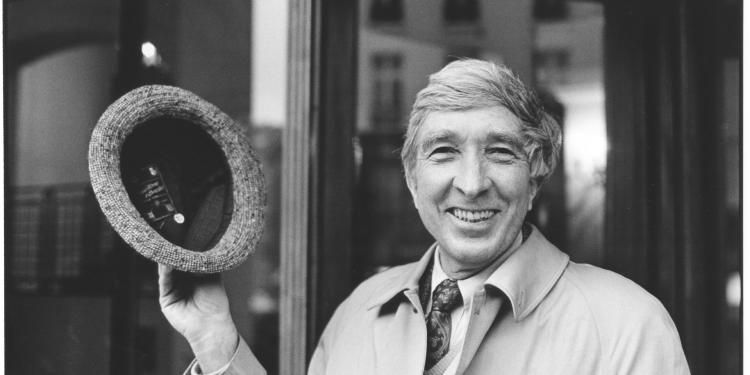
John Updike
John Hoyer Updike was an American novelist, poet, short story writer, art critic and literary critic.
Updike is the author of over 50 books, including The Poorhouse Fair; the Rabbit series (Rabbit, Run; Rabbit Redux; Rabbit Is Rich; Rabbit At Rest); Marry Me; The Witches of Eastwick, which was made into a major feature film; Memories of the Ford Administration; Brazil; In the Beauty of the Lilies; Toward the End of Time; Gertrude and Claudius; and Seek My Face. He has written a number of collections of short stories, including The Afterlife and Other Stories and Licks of Love, which includes a final Rabbit story, Rabbit Remembered.
His essays and criticism first appeared in publications such as the New Yorker and the New York Review of Books, and are now collected into numerous volumes. His novels, stories, and non-fiction collections have won have won the Pulitzer Prize (in 1982 and 1991), the National Book Award, the PEN/Faulkner Award, the American Book Award, the National Book Critics Circle Award, the Rosenthal Award and the Howells Medal.
Updike graduated from Harvard College in 1954 and spent a year at Oxford’s Ruskin School of Drawing and Fine Art. From 1955 to 1957 he was a member of staff at the New Yorker, and he lived in Massachusetts from 1957 until his death in January 2009.
He was shortlisted, for his entire body of work, for The Man Booker International Prize 2005.
Background
Between 2005 - 2015, the Man Booker International Prize recognised one writer for their achievement in fiction.
Worth £60,000, the prize was awarded every two years to a living author who had published fiction either originally in English or whose work is generally available in translation in the English language.
The winner was chosen solely at the discretion of the judging panel and there were no submissions from publishers.
The Man Booker International Prize was different from the annual Man Booker Prize for Fiction in that it highlighted one writer’s overall contribution to fiction on the world stage. In focusing on overall literary excellence, the judges considered a writer’s body of work rather than a single novel.

